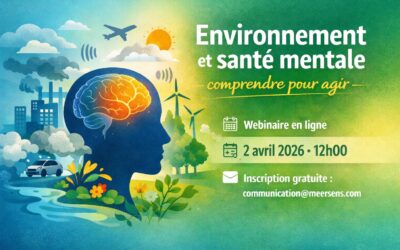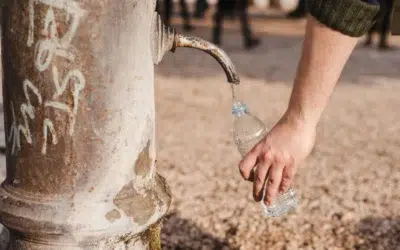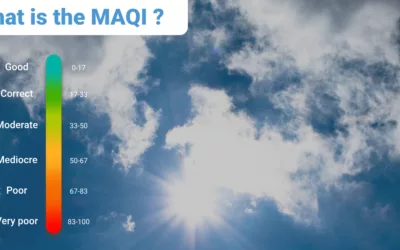WATER pollution finally visible!
Let's act for a healthier water.
WATER pollution finally visible!
Let's act for a healthier water.
2 liters is the amount of water a person should drink on average per day. It is essential that the water meets all health and environmental quality criteria.
The water that flows from our taps is a highly refined product and undergoes multiple strict steps before being deemed “potable” or safe for consumption.
Drinking water in France comes from 62% groundwater and 38% surface water (river, stream, lake, etc.).
Purified water,
but why?
Water satisfies one of humanity’s essential needs and is an indispensable resource.
When it is potable, tap water is highly recommended. However, its quality is important, as it is one of the main causes of environmental pollution, along with air pollution. Monitoring the safety of water includes both surveillance conducted by water producers and distributors and health control.
The main risks associated with drinking water come from various chemical substances and emerging contaminants that raise public concern, as both can impact health and well-being. Microbiological and physical parameters can also have a significant impact.
Turn environmental data into action:
Understand the impact of water pollution to anticipate
and promote healthier decisions.
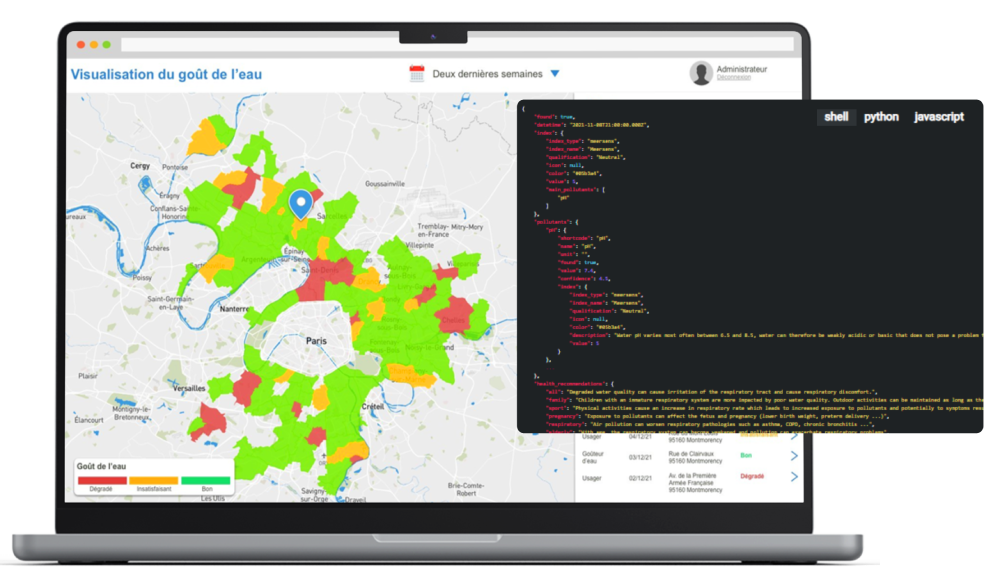
Coverage of France - US & UK coming soon
Complete coverage of France and upcoming data for other regions. Access nationwide geographical coverage to understand water pollution across the French territory and beyond. – Graphic resolution at the city / distribution network scale.
Time resolution
Accurate time-based monitoring of water pollution levels, allowing you to access the complete history of water quality for each family of parameters in a given city.
+50 water quality parameters
Analysis of over 50 water quality parameters, including biological, chemical, and physical contaminants, to provide you with a comprehensive view of water potability and safety.
Plug & Play
Quick and easy installation. Integrating environmental data is intuitive and requires no advanced technical skills. A ready-to-use solution for immediate results.
Customized to your needs
Customize the parameters and features according to your specific needs. Whether you are a business, a local authority, or a public health stakeholder, Meersens provides tailored solutions for optimal water quality management.
Water quality cannot be modeled as it heavily depends on the distribution networks through which water is supplied. As an essential resource for humanity, water quality is closely monitored in developed countries. Meersens centralizes these quality measurements into a database of enriched time series to provide a unified and actionable platform on water quality. The measurements are validated, enriched, and contextualized to add geographical information, identify pollutants, and provide means for action. Meersens’ water quality platform is thus able to provide clients with the complete history of water quality for each family of parameters in a given city, linked to concrete health impacts and recommendations.
50 parameters
The Meersens platform supports 50 water quality parameters and is capable of providing aggregated information on the physical, chemical, or microbiological aspects of water.
25.9M
For France alone, the Meersens platform contains over 25M measurements, covering a total of 33K cities across the country.
A question, a project?
Customizable information for every business sector
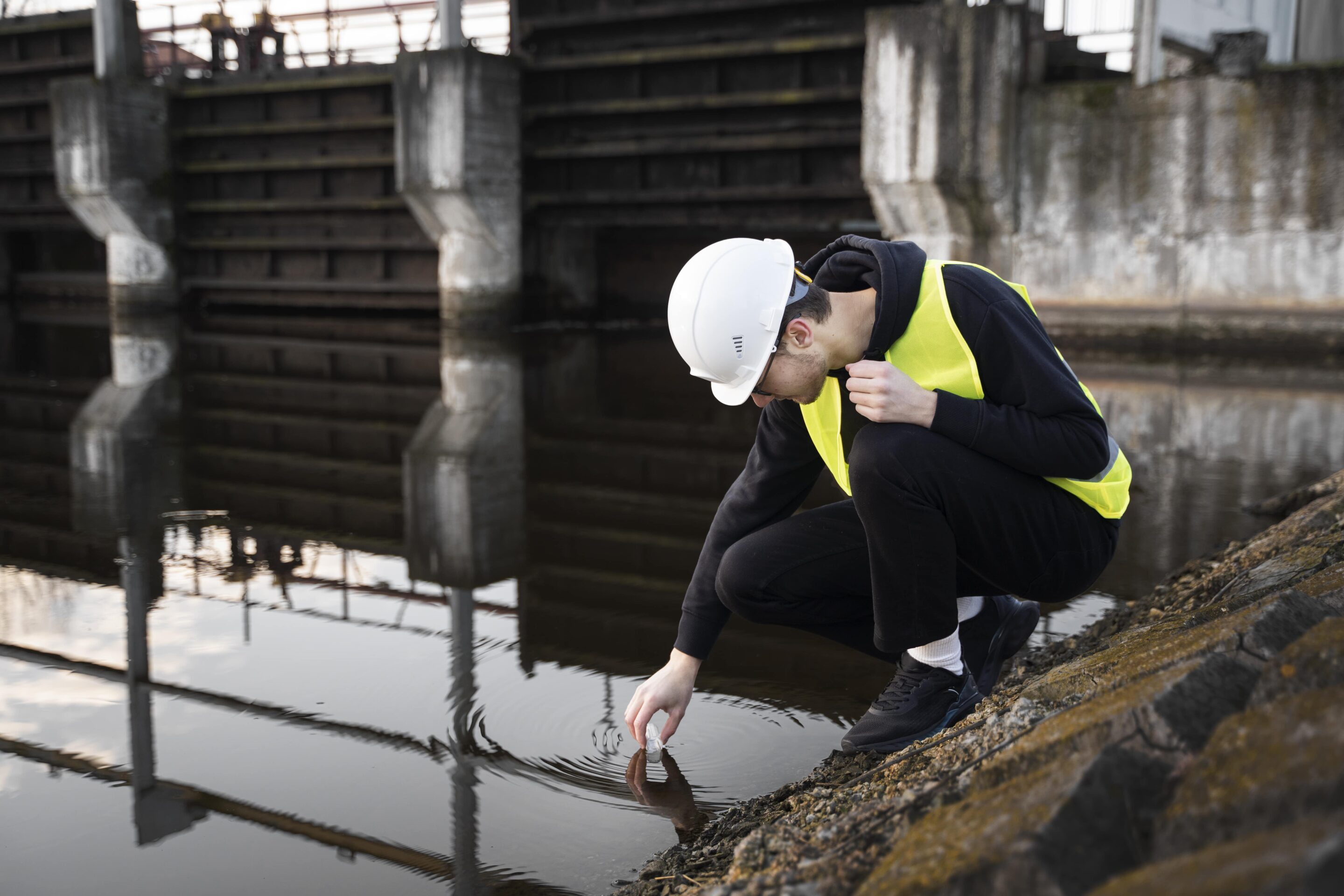
💧 Water Treatment Companies
Perfecting the taste of water and putting the consumer back at the center of attention.
To ensure the safety and purity of drinking water, you want to collaborate with experts to ensure that you go beyond regulatory standards, thus providing your consumers with quality water while involving them in your continuous improvement journey through the integration and exchange of information.

🧴 Cosmetics & Skin Care
Optimizing cosmetic formulations.
In the cosmetics and skin care industry, the quality of the water used in products can have a significant impact on the effectiveness and safety of formulations. Studies have shown that factors such as water hardness and pH can influence the health of skin and hair, making it essential to use water quality data to optimize products.

🏙️ Smart Cities
Ensuring public health and well-being.
For municipal authorities, effective management of water quality is crucial to ensuring public health and the well-being of citizens. Cities can use water quality data to monitor water quality in real-time, quickly detect anomalies, and take preventive measures to ensure the safety of the drinking water supply.
Explore our data catalog The Meersens API platform manages over 150 pollutants and parameters, giving you new ways to achieve your goals and improve your operations.
Explorer les données sur la qualité de l'air >
Explorer les données de pollen >
Explorer les données de pollution sonore >
Explorer les données sur la qualité de l'eau du robinet >
Explorer les données d'UV >
Explorer les données de météo >
• Particulate matter PM2.5
• Particulate matter PM10
• Ozone O3
• Sulphur dioxide SO2
• Carbon monoxide CO

• Grasses
• Weeds
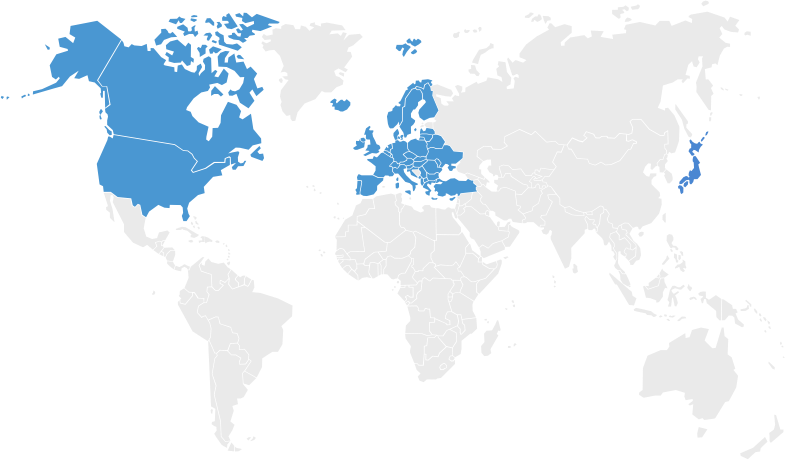
• Grasses
• Weeds

• Levening: average evening noise between 6 PM and 10 PM
• Lnight: average night noise between 10 PM and 6 AM
• LDEN: average daily noise
• Railway noise
• Aerial noise

• Chemical
• Microbiological
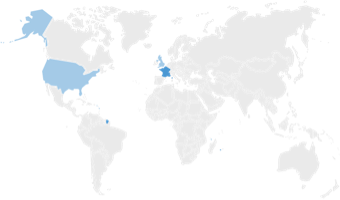
• Global Horizontal Irradiance

• Relative humidity
• Atmospheric pressure
• Wind speed & direction
• Precipitation
• Cloud cover

News on water pollution
Environnement et santé mentale : comprendre pour agir La santé mentale est aujourd’hui au cœur des enjeux de santé publique. Stress, anxiété, fatigue mentale ou troubles du sommeil touchent une part croissante de la population. Pourtant, ces problématiques sont encore...
L’impact des technologies et des API dans la gestion de l’eau potable
Comment les technologies innovantes peuvent transformer notre accès à l'eau potable L'accès à l'eau potable est un enjeu crucial pour la santé et le bien-être des populations à travers le monde. Alors que les défis liés à la gestion des ressources en eau deviennent de...
The MAQI: global air quality and health index for all
The MAQI: the first global air quality index taking into account the impact of environment and health.
Cancer prevention: the positive impact of environmental data
Cancer and Environment: The Positive Impact of Environmental Data to Reduce Cancer Incidence.

